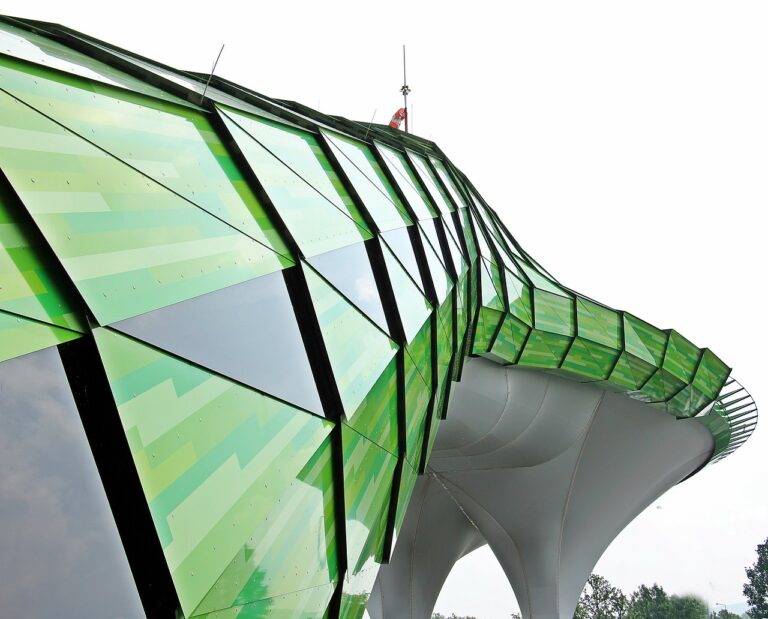Sustainable Tech Innovations in Developing Countries
Developing nations have been rapidly embracing technological advancements to leapfrog traditional development stages. The availability of affordable smartphones and access to the internet have unlocked opportunities for education and entrepreneurship. Mobile banking services have revolutionized financial inclusion, allowing individuals in remote areas to access banking services seamlessly.
Additionally, the use of renewable energy sources such as solar power has gained traction in many developing nations. Innovative solutions are being implemented to provide off-grid communities with access to clean energy, reducing dependence on fossil fuels. This shift towards sustainable technology not only addresses energy poverty but also contributes to mitigating the adverse effects of climate change in these regions.
Challenges Faced in Implementing Sustainable Technology
Implementing sustainable technology in developing nations presents numerous hurdles that must be navigated for successful integration. One key challenge is the lack of adequate infrastructure to support the implementation and maintenance of sustainable technologies, such as renewable energy sources or waste management systems. Without the necessary groundwork in place, the adoption of these technologies becomes increasingly difficult and sometimes unsustainable in the long run.
Another significant obstacle is the limited availability of funding and financial resources to invest in sustainable technologies. Developing nations often struggle to allocate budgets towards these initiatives due to competing priorities and economic constraints. This financial barrier can hinder the progress of sustainable technology projects, making it challenging to scale up and reach the intended impact on a broader scale.
Renewable Energy Solutions for Rural Areas
Rural areas often face challenges in accessing reliable sources of energy, impacting the daily lives of residents. However, advancements in renewable energy technology have provided promising solutions to address this issue. Solar panels, for example, offer a sustainable and cost-effective way to generate electricity, even in remote areas where traditional power sources are scarce.
Furthermore, the use of mini wind turbines has gained traction in rural communities, harnessing the power of wind to produce clean energy. These small-scale turbines can be easily installed and maintained, providing a reliable source of electricity for off-grid locations. By embracing renewable energy solutions, rural areas can enhance their energy independence and contribute to a greener and more sustainable future.
What are some of the renewable energy solutions that can be implemented in rural areas?
Some renewable energy solutions that can be implemented in rural areas include solar power, wind power, hydroelectric power, and biomass energy.
What are the benefits of using renewable energy in rural areas?
Using renewable energy in rural areas can help reduce greenhouse gas emissions, lower energy costs, create job opportunities, and increase energy independence.
What are some of the challenges faced in implementing sustainable technology in rural areas?
Some challenges faced in implementing sustainable technology in rural areas include lack of access to financing, limited technical expertise, inadequate infrastructure, and resistance to change.
How can technological advancements in developing nations help in providing renewable energy solutions for rural areas?
Technological advancements in developing nations can help in providing renewable energy solutions for rural areas by making clean energy technologies more affordable, efficient, and accessible to rural communities.
How can governments support the implementation of renewable energy solutions in rural areas?
Governments can support the implementation of renewable energy solutions in rural areas by providing financial incentives, setting renewable energy targets, investing in infrastructure development, and promoting awareness and education about clean energy technologies.





